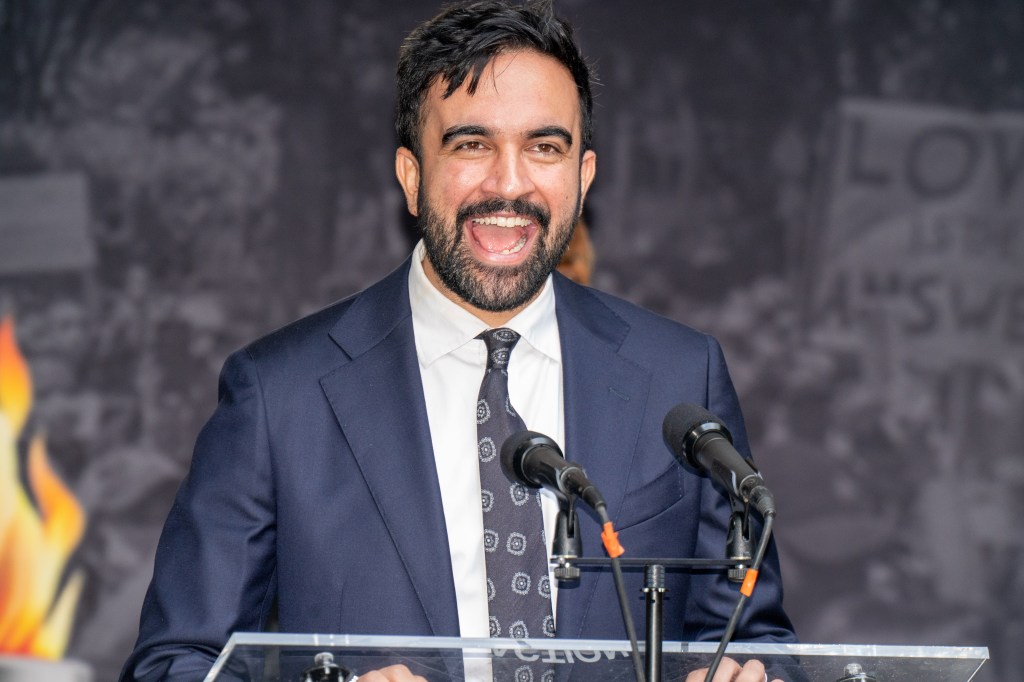As New York City approaches another pivotal election season, the political discourse has intensified around fundamental questions of leadership, experience, and the direction the city should take. Recent public commentary has highlighted a growing debate between progressive idealism and pragmatic governance, with particular focus on emerging political figures and their capacity to address the city’s mounting challenges.
The Current Political Landscape
New York City finds itself at a critical juncture, grappling with multiple interconnected crises that demand both immediate attention and long-term strategic thinking. Food insecurity has reached alarming levels, with recent studies indicating that over 1.3 million New Yorkers experience food insecurity, a figure that has remained stubbornly high even as the city has recovered from the pandemic’s worst economic impacts.
The housing crisis continues to dominate political conversations, with median rent prices in Manhattan exceeding $4,000 per month and affordable housing remaining elusive for middle-class families. This crisis extends beyond mere affordability – it encompasses issues of housing quality, tenant rights, and the fundamental question of whether New York can remain a city where working families can thrive.
Healthcare System Under Pressure
The city’s healthcare infrastructure faces unprecedented strain, with public hospitals operating at capacity and mental health services stretched thin. The convergence of these challenges has created what many policy experts describe as a “perfect storm” requiring nuanced, experienced leadership capable of navigating complex bureaucratic systems while maintaining public trust.
The Experience vs. Innovation Debate
Central to the current political discourse is a fundamental tension between calls for fresh perspectives and concerns about governmental experience. Critics of newer political figures argue that the complexity of New York’s challenges requires seasoned leadership with deep institutional knowledge and established relationships across various sectors.
This perspective emphasizes that effective governance in a city as complex as New York requires understanding the intricate web of federal, state, and local regulations, as well as the ability to work with diverse stakeholders including labor unions, business leaders, community organizations, and advocacy groups.
The Progressive Challenge
However, supporters of progressive candidates argue that traditional approaches have failed to adequately address systemic issues, pointing to persistent inequality, environmental concerns, and social justice issues that have remained unresolved despite decades of conventional political leadership. They contend that transformative change requires leaders willing to challenge established systems and propose bold solutions.
This debate reflects broader national conversations about the role of progressive politics in addressing contemporary urban challenges. Cities across the United States are grappling with similar questions about whether incremental reform or systemic change offers the most promising path forward.
Public Safety and Community Concerns
Safety concerns remain at the forefront of many New Yorkers’ minds, though perspectives on how to address these issues vary significantly across different communities and political affiliations. Recent polling indicates that while overall crime statistics show mixed trends, public perception of safety continues to influence electoral preferences significantly.
The challenge for any political leader lies in developing comprehensive public safety strategies that address both immediate concerns and underlying social factors that contribute to crime and social instability. This requires balancing law enforcement approaches with investments in education, mental health services, job training, and community development programs.
Community-Based Solutions
Many experts advocate for community-based approaches that engage local residents in developing solutions tailored to specific neighborhood needs. This strategy recognizes that safety concerns vary dramatically across New York’s diverse boroughs and communities, requiring nuanced responses rather than one-size-fits-all policies.
Economic Development and Social Equity
The intersection of economic development and social equity presents another significant challenge for city leadership. New York’s economy continues to evolve, with technology sectors growing rapidly while traditional industries face ongoing pressures. Creating economic opportunities that benefit all residents requires careful policy coordination across multiple areas including education, workforce development, small business support, and infrastructure investment.
The debate over development policies often reflects broader tensions between growth-oriented approaches and community preservation efforts. Residents in many neighborhoods express concerns about gentrification and displacement, while business leaders emphasize the importance of economic competitiveness and job creation.
The Role of Civic Engagement
Beyond individual candidates and their qualifications, the current political moment highlights the crucial importance of informed civic participation. Voter education and community engagement play essential roles in ensuring that electoral outcomes reflect the genuine priorities and values of New York’s diverse population.
This requires not only individual responsibility among voters to research candidates and issues thoroughly but also institutional efforts to provide accessible, accurate information about policy proposals and their potential impacts. Community organizations, media outlets, and educational institutions all play vital roles in fostering informed democratic participation.
Media Literacy and Information Quality
In an era of information abundance and political polarization, the ability to critically evaluate political claims and policy proposals becomes increasingly important. Citizens must navigate competing narratives and assess the credibility and feasibility of various political promises and programs.
Looking Forward: Pathways to Effective Governance
As New York moves toward future elections, several key principles emerge as essential for effective urban governance. Transparency and accountability remain fundamental requirements, ensuring that residents can evaluate their leaders’ performance and hold them responsible for policy outcomes.
Collaborative governance approaches that engage diverse stakeholders in policy development and implementation offer promising strategies for addressing complex urban challenges. This includes partnerships between government agencies, nonprofit organizations, private sector entities, and community groups.
Additionally, evidence-based policymaking that draws on research, data analysis, and evaluation of similar programs in other cities can help ensure that public resources are used effectively and that policies achieve their intended outcomes.
Key Takeaways
- New York faces multiple interconnected challenges including housing affordability, food insecurity, healthcare access, and public safety concerns
- Political discourse reflects tension between calls for experienced leadership and demands for progressive reform
- Effective urban governance requires both institutional knowledge and innovative approaches to systemic problems
- Community engagement and voter education are essential for democratic accountability and informed decision-making
- Evidence-based policymaking and collaborative approaches offer the most promising strategies for addressing complex urban challenges
- Safety concerns must be addressed comprehensively through both immediate responses and long-term social investment
- Economic development policies must balance growth objectives with community preservation and equity goals
This article is based on reporting from the original source

Born and raised amidst the hustle and bustle of the Big Apple, I’ve witnessed the city’s many exciting phases. When I’m not exploring the city or penning down my thoughts, you can find me sipping on a cup of coffee at my favorite local café, playing chess or planning my next trip. For the last twelve years, I’ve been living in South Williamsburg with my partner Berenike.

